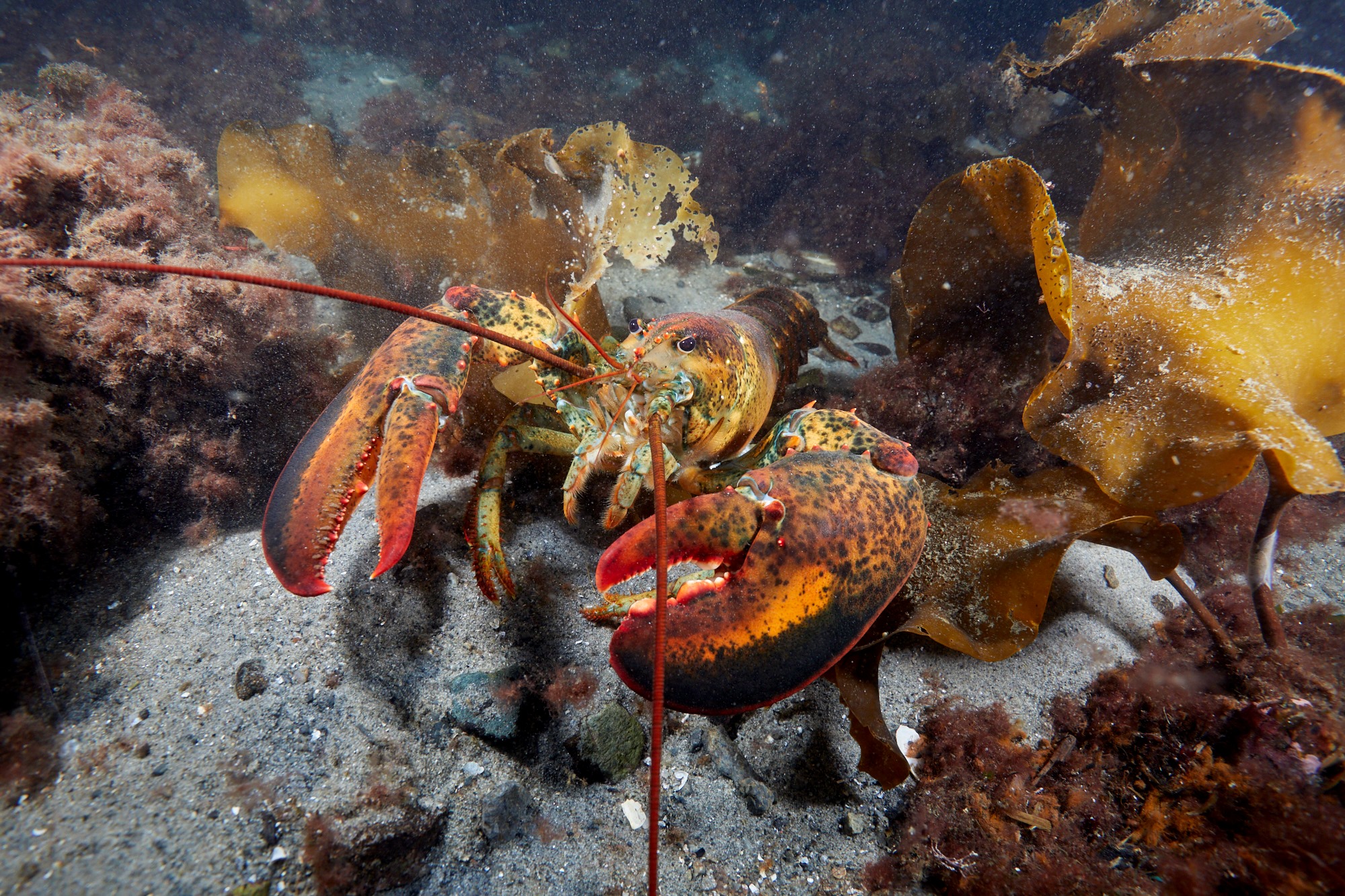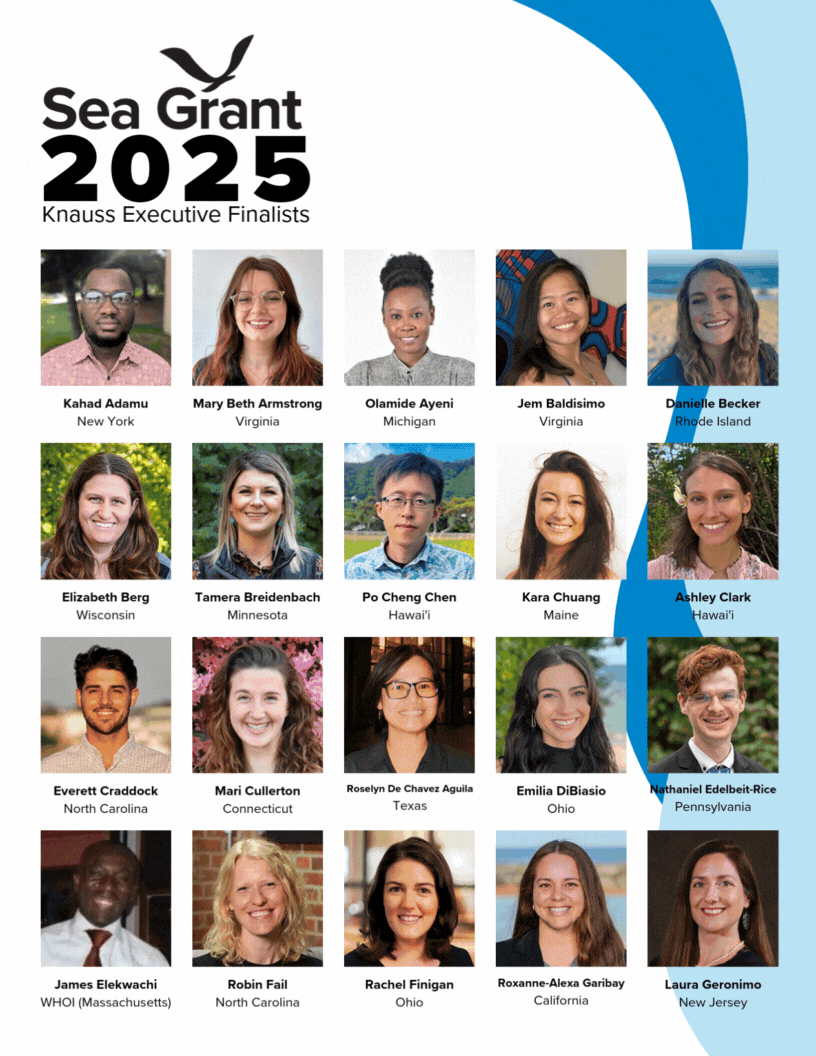MIT Sea Grant collaborated with local, state and federal partners to restore 600 acres of coastal wetlands. Working in partnership with the EPA, MIT Sea Grant is monitoring carbon storage and greenhouse gas emissions at the site to gain a better understanding of the effects of converting cranberry bogs on carbon cycling in restored coastal wetlands. A stratified random sampling design was used to sample carbon content of soils and emissions using portable gas analyzers and chambers. Gas emissions were sampled in light and dark conditions to account for the presence and absence of plant respiration, allowing for analysis of microbial decomposition of soil organic matter and effects on carbon storage capacity. The restored site was paired with natural reference sites to assess carbon cycling trajectories over time relative to natural conditions. Data collected by this study is helping resource managers and conservation organizations better understand the effects of coastal habitat restoration on carbon cycling and ecosystem services, which is important for coastal resilience planning and management.


Sea Grant’s American Lobster Initiative awards $5.4 million to further innovative research and outreach in support of the lobster industry and fishing communities
Since 2019, Sea Grant’s American Lobster Initiative has addressed critical knowledge gaps about the American lobster and its fishery facing a dynamic and changing environment. The Initiative supports a regional extension program in the Northeast and a national research competition. Fifteen emerging research projects were selected in 2023 and 2024 for $4.6 million in federal funding by the NOAA National Sea Grant College Program. Coordinated by Maine Sea Grant since 2019, the Northeast lobster extension program was recently renewed with an $840,000 federal award that supports work through 2026.

